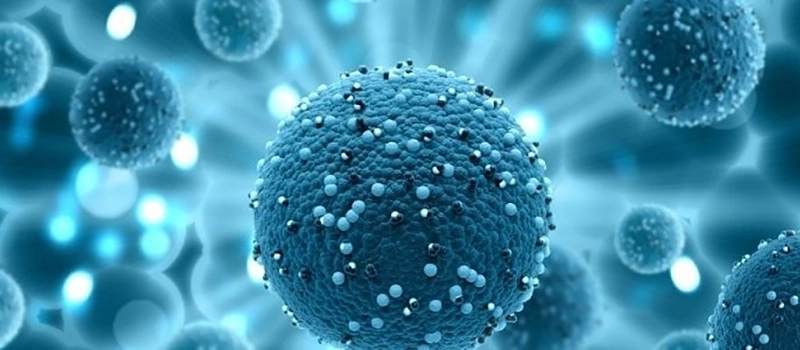
It’s perfectly natural to have serious fears about cancer. Especially considering the way it has taken the lives of so many people far too early across so many generations now. However, while fear is not necessarily a bad thing, hysteria certainly is. It’s important to stay level-headed with nearly everything in life. It’s important to not start believing anything and everything that someone might tell you about diseases. You can probably see where we’re going with this, and so in answer to is cancer contagious - no, it is not contagious.
There’s some very simple and basic scientific reasoning for that. Let’s start by looking at what it takes for something to be classified as a contagion. In more simple terms if something is contagious people will say you can ‘catch’ it, and that’s why you will hear people say that they’ve ‘caught’ a cold.
This is accurate, because the virus that causes the common cold is a contagion. That’s because - as the name suggests - it’s viral in nature.
Now when we ask is cancer contagious, the reason we can immediately say it is not is because a cancerous cell is not viral in nature at all. It’s cellular and as such it has no means of leaving the body. It is an internally fixed and permanent part of the body, just like all the millions of cells in the body.
We’ve established the connection that’s behind the way we say that you can ‘catch’ something the cold, flu, or - more relevantly given the current world situation - the coronavirus. These are all contagions, but when we start asking ‘is cancer contagious’ it becomes a little bit silly to even think of that because there’s no way you can catch it from someone who has it.
It’s likely that if there is confusion about this that it is from confusion about what can increase person’s risk of cancer. Those asking can cancer be contagious may be using the word contagious because they’re not familiar with how to ask does cancer run in families, or is increased risk of cancer something I can inherit from my family?
This is the truth of the matter. If there is a history of cancer in your family, then yes - you may have a greater risk of inheriting it. But you’re never going to catch it from someone because you were near them in the supermarket or anything of the sort.
Is cancer contagious, or is any type of cancer contagious? No, it’s not, and no - not even one of them is contagious.
We’re not going to go on any further about whether or not cancer is contagious. Direct all is cancer contagious inquiries to your physician if you don’t trust in what we’ve shared with you here. Cancer is not contagious. However, some people will have a greater risk of developing it based on the genetics they’ve inherited through their families.
But that’s not ‘catching it’ like being contagious would involve.
Instead, it’s going to be more helpful for us to share proven-effective approaches to reducing your risk of getting cancer.
Here are the best of them:
Don’t Smoke - This doesn’t need any explanation.
Maintain a Healthy Body Weight - Keeping your BMI (body mass index) below 30 is an excellent guideline here.
Increase your Physical Activity Levels - Even moderate levels of physical activity can cut your risk of many common cancers by 30% to 50%.
Up Your Intake of Fruits and Vegetables in Your Diet – Pair this recommendation with eating less red meat. Eat less of that and more fruits and vegetables and you’ll have better natural defense against cancer.
Avoid Excessive Alcohol Consumption - Women should have only an average of 1 drink a day, and 2 for men.
Reduce Stress - Is cancer contagious? Not it’s not, but stress certainly can be. If members of your family are stressed, it’s quite possible you’ll become stressed too.
Have Regular Cancer Prevention Screenings - This is especially advisable for both men and women over the age of 35.
We’ll conclude here by saying that rather than wondering is cancer contagious it is going to be much better to focus on what you can to lower your risk of developing cancer.